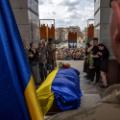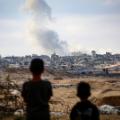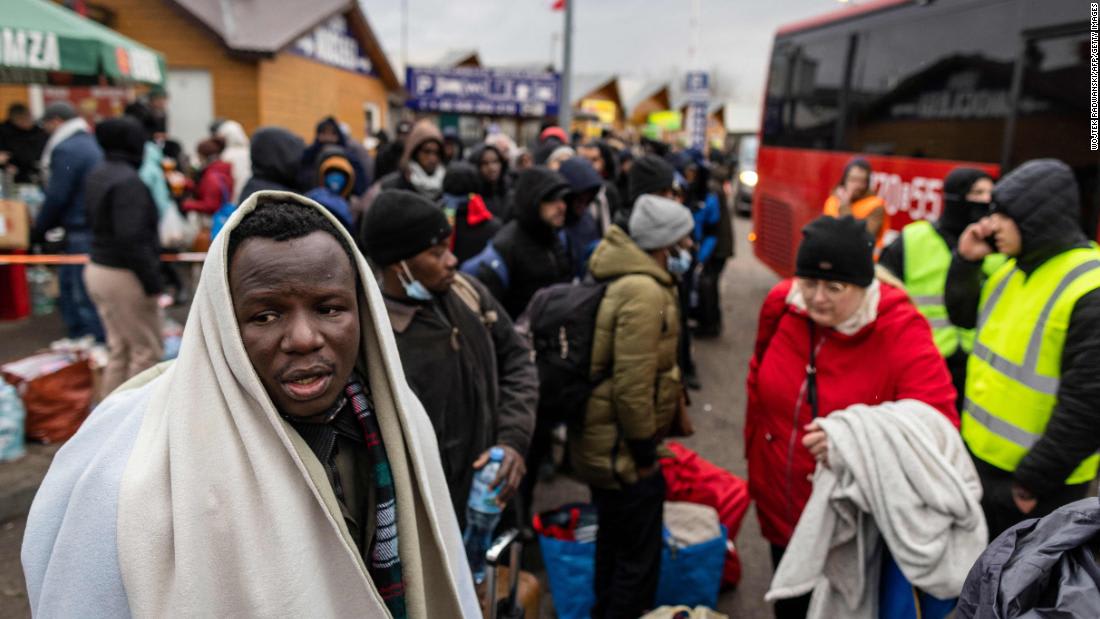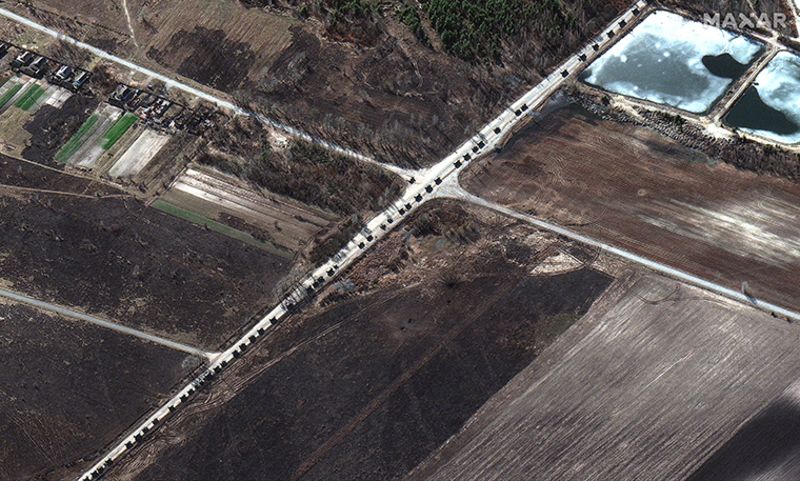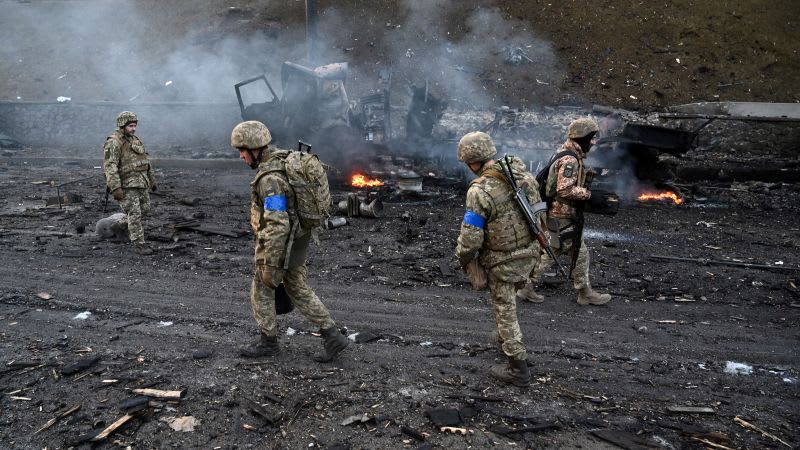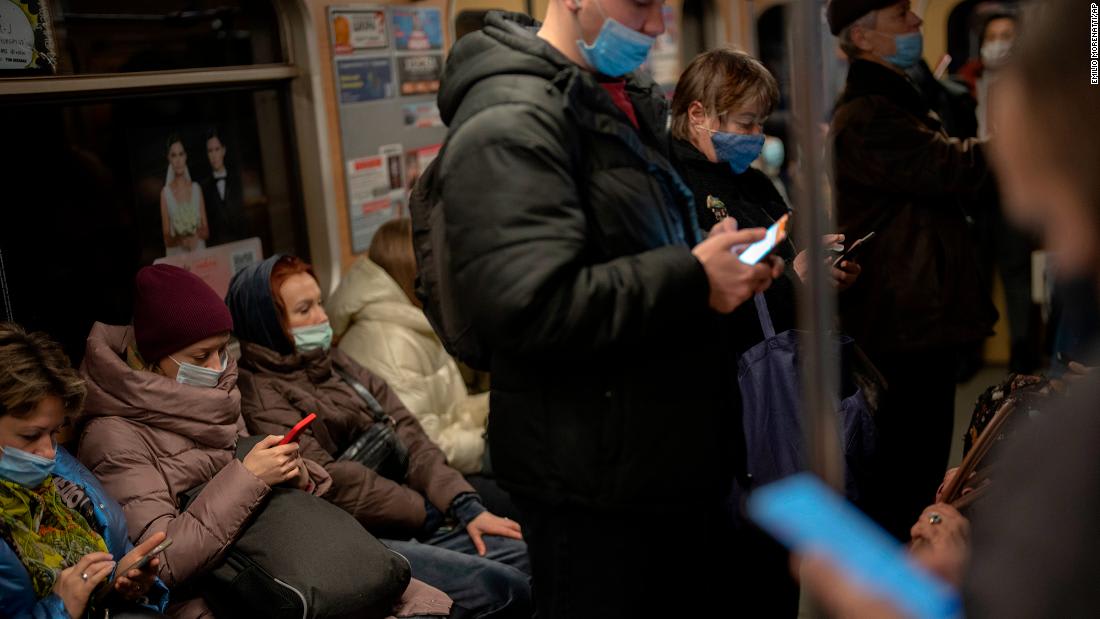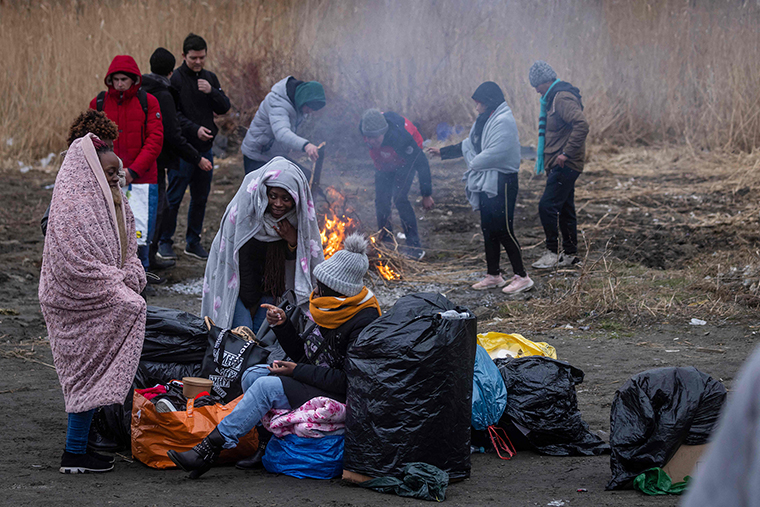
As the Russian invasion of Ukraine continues, foreign students attempting to leave the country say they are experiencing racist treatment by Ukrainian security forces and border officials.
One African medical student told CNN that she and other foreigners were ordered off the public transit bus at a checkpoint between Ukraine and Poland border.
They were told to stand aside as the bus drove off with only Ukrainian nationals on board, she says.
Rachel Onyegbule, a Nigerian first-year medical student in Lviv was left stranded at the border town of Shehyni, some 400 miles from Ukraine's capital, Kyiv.
She told CNN: "More than 10 buses came and we were watching everyone leave. We thought after they took all the Ukrainians they would take us, but they told us we had to walk, that there were no more buses.
"They told us we had to walk. It started to rain and we walked 12 hours to get to Shehyni."
"My body was numb from the cold and we haven't slept in about 4 days now. Ukrainians have been prioritized over Africans — men and women — at every point. There's no need for us to ask why. We know why. I just want to get home," Onyegbule told CNN in a telephone call Sunday as she waited in line at the border to cross into Poland.
Onyegbule says she eventually got her exit document stamped on Monday morning around 4.30 a.m. local time.
Read more:


